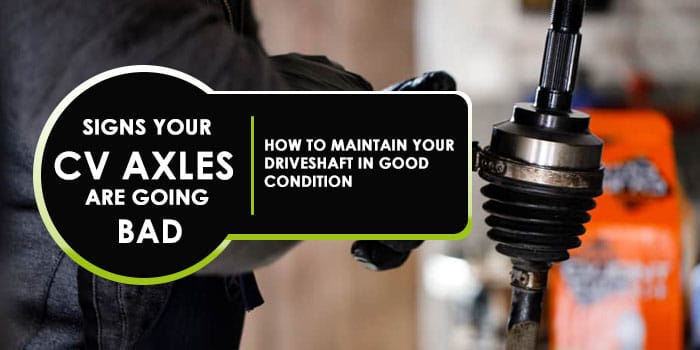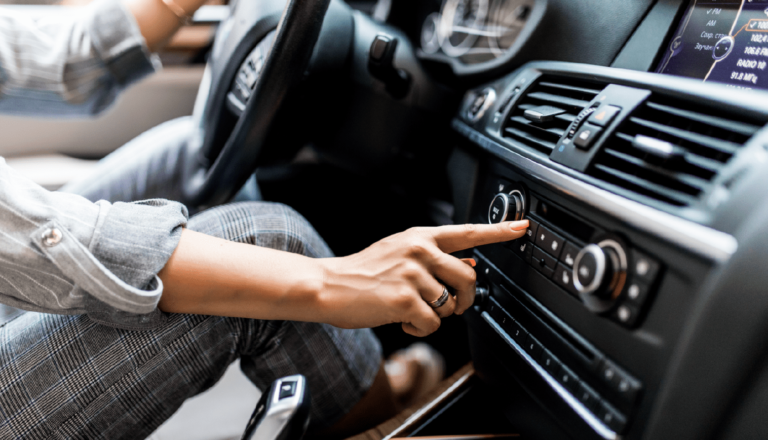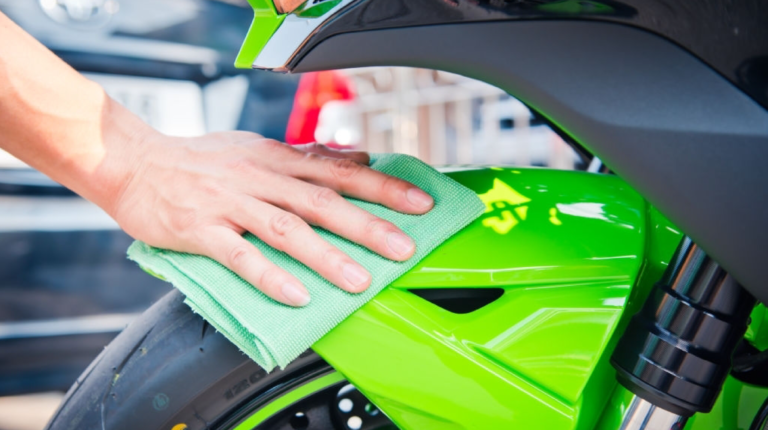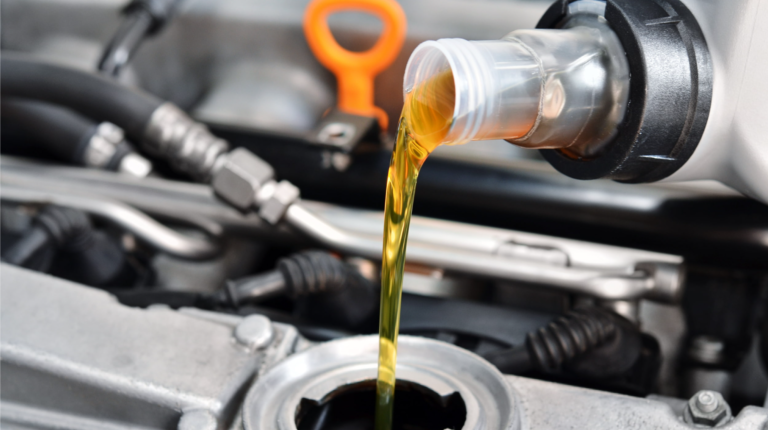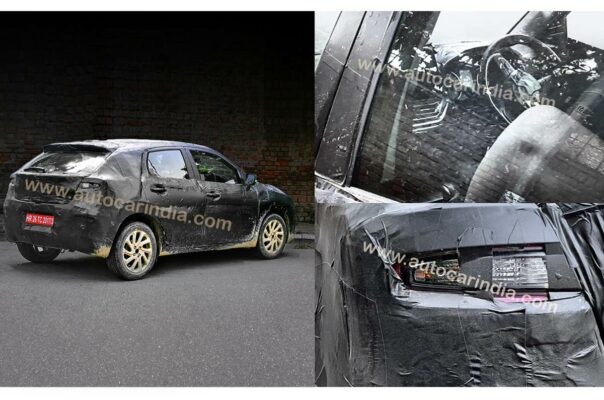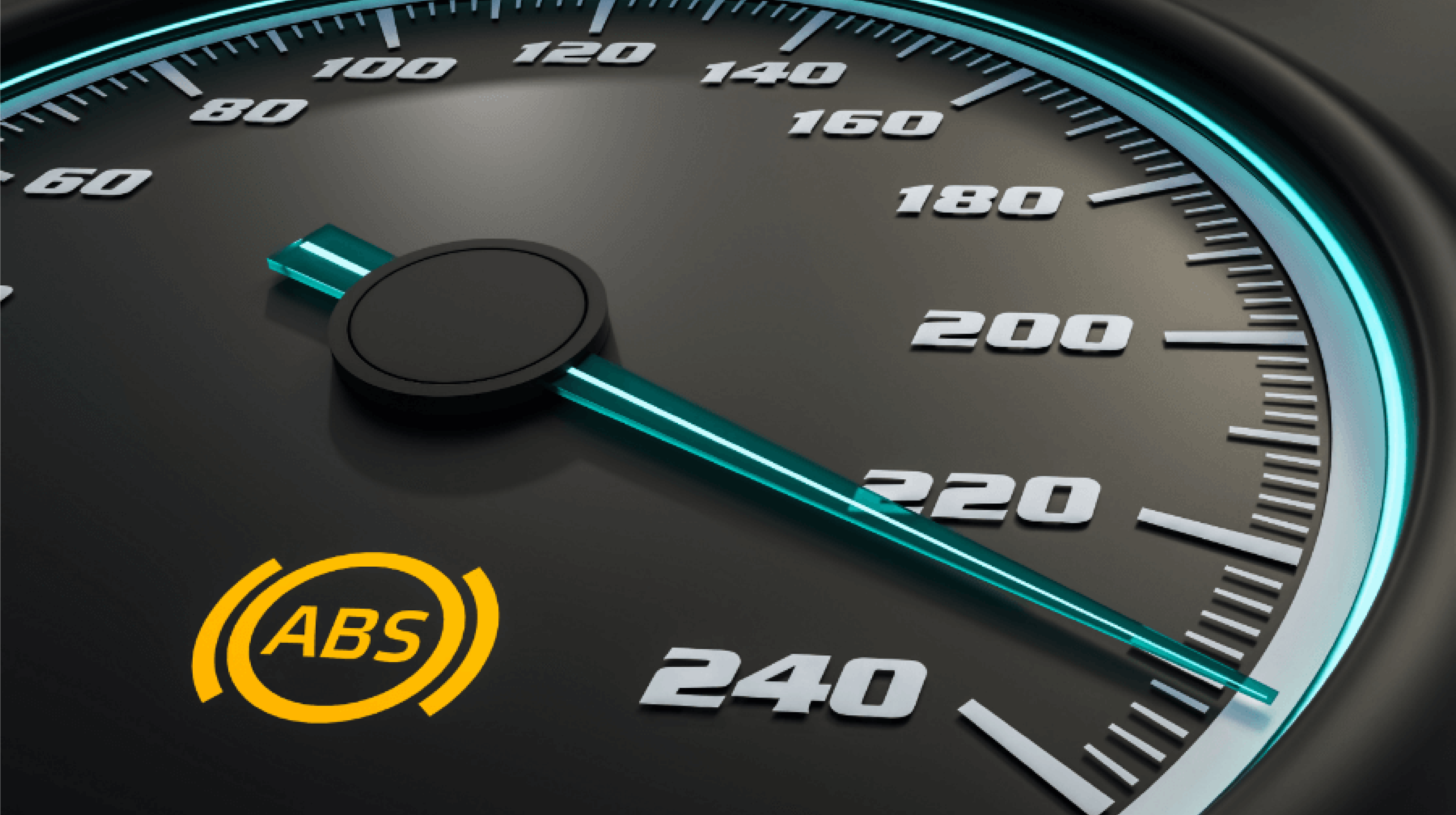
No matter how experienced a driver you’re, sometimes unwanted troubles on roads are inevitable. Luckily, to keep ourselves safe from those troubles, we always have the option of jumping straight towards the brakes. Yes, you can consider it as the Anti Lock Braking System (ABS) story. However, this concept first came into existence in the 1950s and was known as the ‘Anti-Skid System’. However, back then, it was limited to aircraft use only. Luckily, in the 1970s, Ford and Chrysler proved everyone wrong by bringing this technology into their cars as well.
Since then, Anti Lock Braking Systems have evolved a lot, and now it’s present among all modern cars or bikes in the Indian market. So, let’s learn further about this stability system and its benefits in modern vehicles:
What is Anti Lock Braking System?
In common words, Anti Lock Braking System is a stability system that helps you steer in emergencies by restoring traction to your wheels. It prevents our vehicle’s wheels from locking up and assists them in maintaining their grip on the road. Today, this emergency safety system has become a standard feature for all modern cars or bikes. However, keep in mind that not all ABS are the same as many prevent only rear tyres from locking.
Now that you’re aware of its technical definition, let’s jump onto how it works and then you’ll be able to understand it better.
Working of Anti Lock Braking System
The primary job of the Anti Lock Braking System or ABS is to monitor our vehicle’s wheels under heavy braking. As a result, every car with ABS has a sensor attached to its wheels. Whenever the sensors detect that your car or bike wheels are beginning to lock up, the ABS will release the brake for a moment. Then, it will constantly apply an optimised pressure to each wheel for 100s of times in a single second. Consequently, due to the constant optimised pressure, ABS ensures that the tyres don’t get locked or reach the 100% slip.
Once the ABS is active, you might feel some vibrating through the brake pedal. But, all you’ve to do is firmly press the brakes, hold it and then steer to a safety point. In this way, Anti Lock Braking System can help you control your vehicle rather than bringing it to total rest.
Our Tip*:
Anti Lock Braking System works more effectively when your tyres are rightly inflated and in good working condition.
Get the best Tyre Inflators today to get the best out of your vehicle’s ABS!
Components of Anti Lock Braking System
Today’s ABS have four major components, and each of them can be described as:
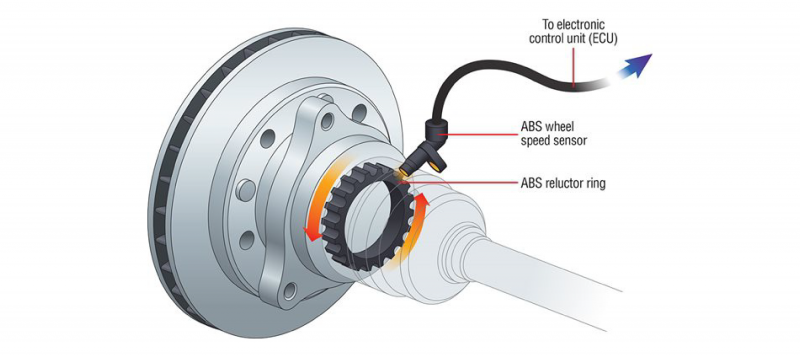
ABS Speed Sensors:
A standard ABS Speed Sensor includes a magnet inside a coil and a toothed ring. The primary role of these sensors is to monitor how fast the wheels are moving or rotating. For example, when a sensor detects that the tyre is locking up, its ring and magnet produces an electric field and develops a sign. Then, this sign is transformed into a digital signal and Sensor transmits it to the ABS Controller.
ABS Controller:
ABS Controller is a unit that receives the digital signals from individual ABS Speed Sensors. Moreover, this controller is the brain of the Anti Lock Braking System, and once the signal is received, it limits the brake force and activates the ABS Modulator.
Valves:
Valves are another significant ABS component as they control the overall pressure and alter it accordingly. For instance, if you’re pushing the brake pedal harder, it limits the pressure on the brake and functions differently in three positions:
- Firstly, in an open position, it ensures that the pressure flows rightly through the brake.
- Secondly, in a blocked position, it stops the extra applied pressure and puts a pressure limitation.
- Thirdly, in a release position, it frees the pressure that’s been on the brakes.
Pumps:
Lastly, ABS has pumps that restore the pressure to hydraulic brakes once Valves release it. Then, the ABS Controller will change its status to deliver the wanted amount of pressure.
Anti Lock Braking System Advantages
- Anti Lock Braking System can greatly reduce the risk of vehicle’s skidding or wheels locking in emergencies.
- As the ABS Technology can reduce the risk of accidents, it can also keep your vehicle’s insurance payments relatively low.
- While reducing the tyres’ friction on roads, it can also increase their efficiency up to more than 30%.
- Lastly, as modern technology doesn’t panic like humans, it can respond to situations faster and steer the vehicle smoothly.
Difference Between Anti Lock Braking System for Bike and Car
Does the Anti Lock Braking System in bike work differently? The answer is no because the basic principle and final result are the same in both cases. However, a new Anti Lock Braking System Bike might have a few different characteristics. For instance, the wheel load changes in a bike are massive when compared to a car. As a result, the Anti Lock Braking System in bike has to consider these dynamic wheel loads.
Moreover, the front wheel in bikes is more critical for vehicle stability rather than the rear wheel. Thus, even if standard ABS in bikes are quite the same as ABS in cars, recent developments have provided us with a more advanced Anti Lock Braking System for bike.
Anti Lock Braking System Manufacturers in India
According to a study, the ABS market in India is set to gain an exponential growth of more than 59% in the next three to four years. As a result, the market is becoming more competitive but with more opportunities. Moreover, many major Anti Lock Braking System Manufacturers in India are already catering to the Indian demands. Some of those leading manufacturers are as follows:
- Bosch
- Continental
- Honda
- Webco
Moreover, many other companies such as Maruti Suzuki have also started equipping their best selling models such as Swift and WagonR with ABS and other safety features. However, currently, Bosch is leading the race in India’s ABS market due to its gigantic presence in the EU and US markets.
Frequently Asked Questions
Q1. What is an Anti Lock Braking System?
Ans. Anti Lock Braking System or ABS is a safety feature that prevents your vehicle’s tyres from locking and skidding in emergencies.
Q2. What are the benefits of Anti Lock Brakes?
Ans. Having an Anti Lock Brake System in a car can reduce its risk of skidding or wheels locking during a crash or accidental situation.
Q3. What does an Anti-lock Braking System feel like?
Ans. When the ABS is active, you can feel some pulsations or vibrations through the brake pedal. But, don’t panic and try to press the brakes firmly, hold and then steer your vehicle to safety.
Q4. Is it safe to disable the ABS?
Ans. No, it’s not safe to disable the ABS or any other safety feature because doing so will only lead you to severe damage in risky situations.
Q5. Will ABS stop my car faster?
Ans. No, ABS will not stop your car faster. It only prevents tyres from locking when brakes are applied and ensures that the vehicle doesn’t skid.
Q6. What causes ABS to fail?
Ans. One of the most common reasons behind the ABS’ failure is metal shavings or debris.
Q7. What does the ABS light mean on the dashboard?
Ans. The ABS light on our vehicle’s dashboard can mean a lot of different things. For instance, sometimes a turned on ABS light can tell that you need to replace the bulb. However, many times it can indicate a much more severe issue. In case you’ve both ABS and Brake lights on, we’d not recommend you to continue the drive.
Q8. How do I know if my ABS module is bad?
Ans. Unresponsive brake pedals turned on ABS light and locked up brakes are a few signs of a faulty ABS module.
Q9. Can I drive my car with a bad ABS module?
Ans. If there’s no issue with the conventional brake system, then you can drive your car. However, we’d recommend you to get your car’s ABS checked ASAP.
Takeaway
Lastly, we can all appreciate this safety feature that’s saving lives from potential accidents every day. But remember not to disable ABS or any other safety feature because doing so will only increase the chance of you getting caught in risky situations.
We believe that you’re now well-familiar with ABS and understand its importance as well. Hope you find this article insightful, and thank you for reading it until the very end. For more such helpful blogs and the best auto detailing services, explore Carorbis now!

